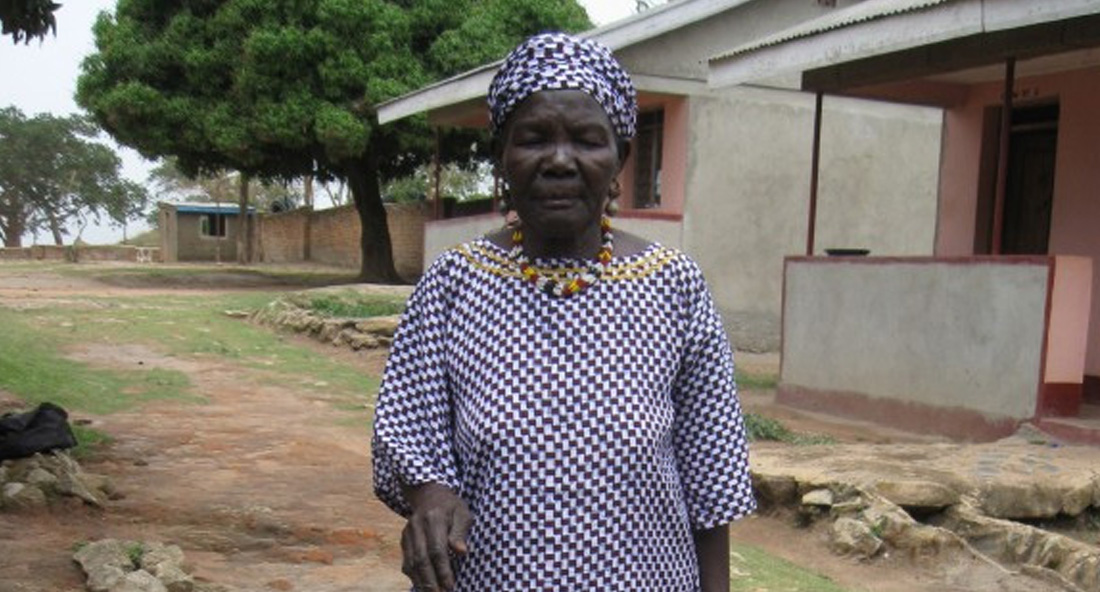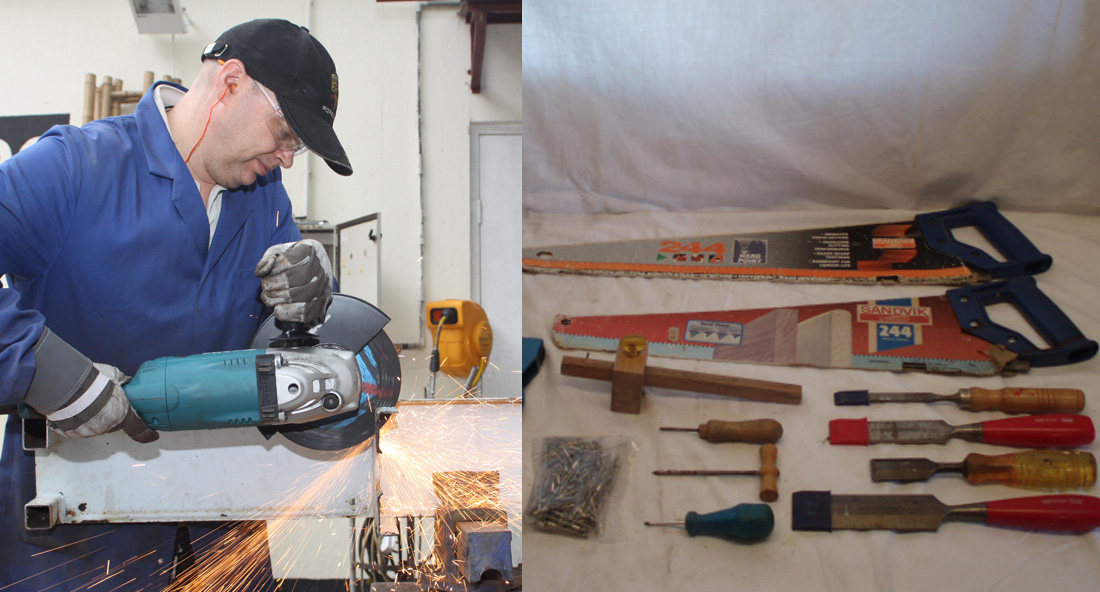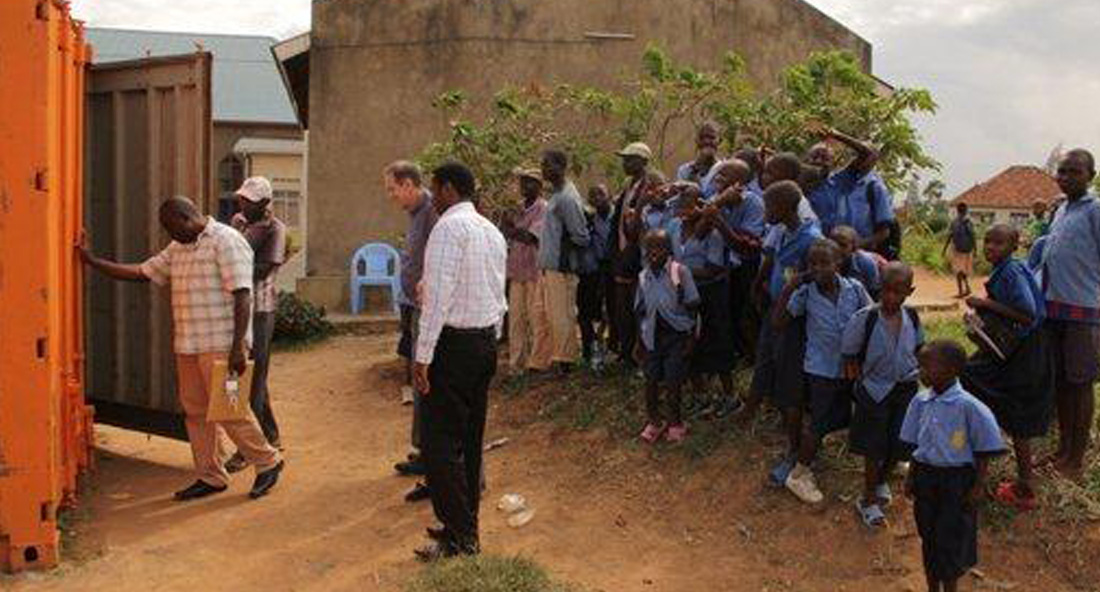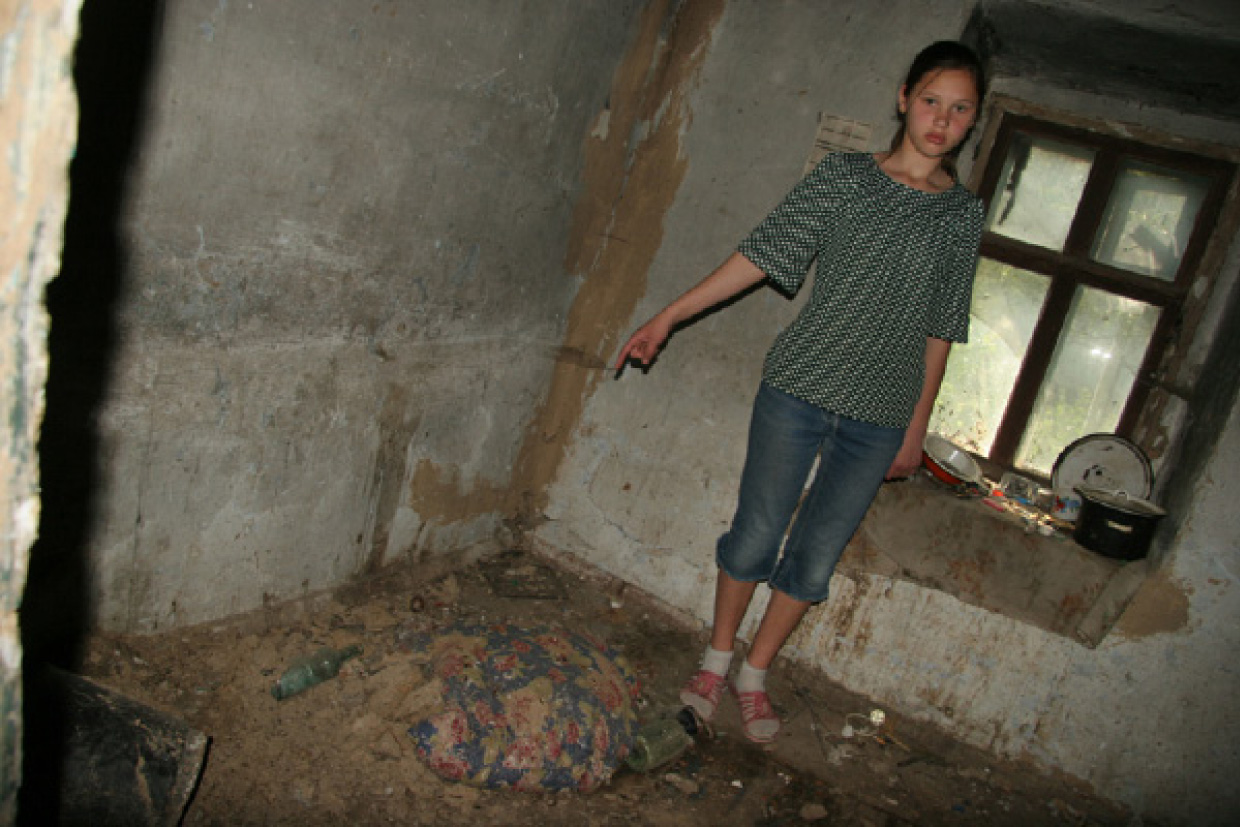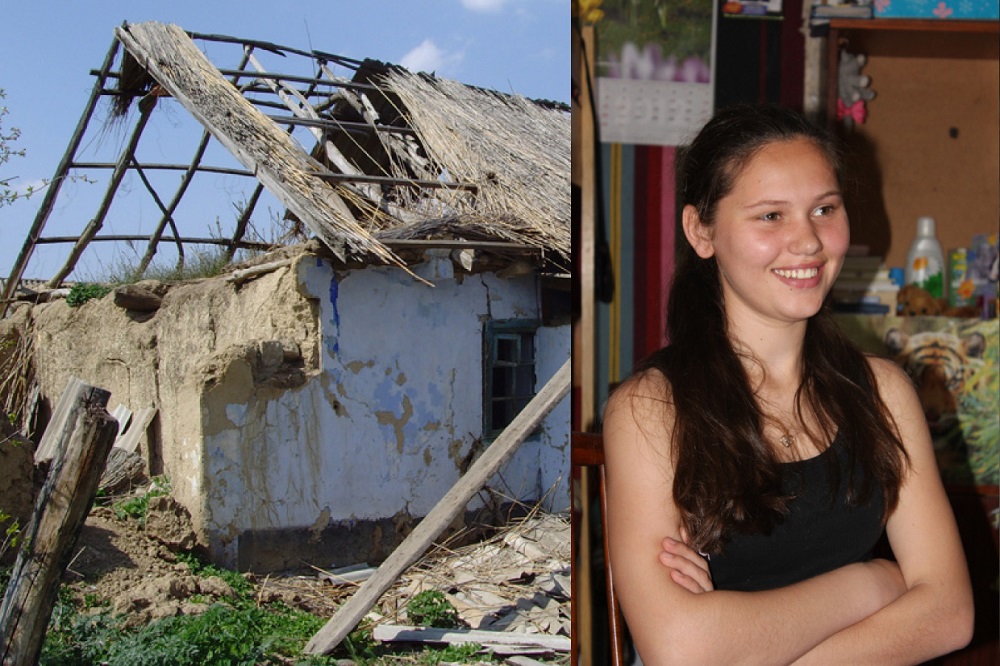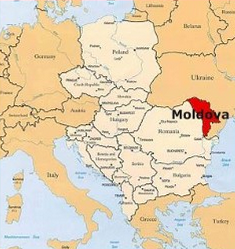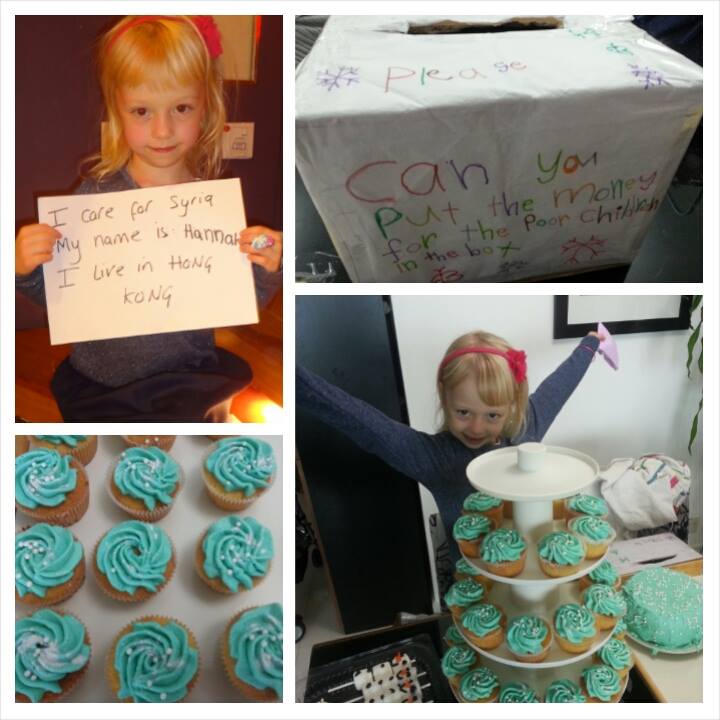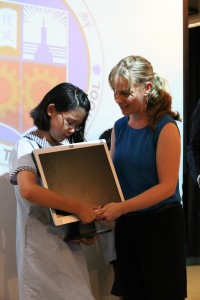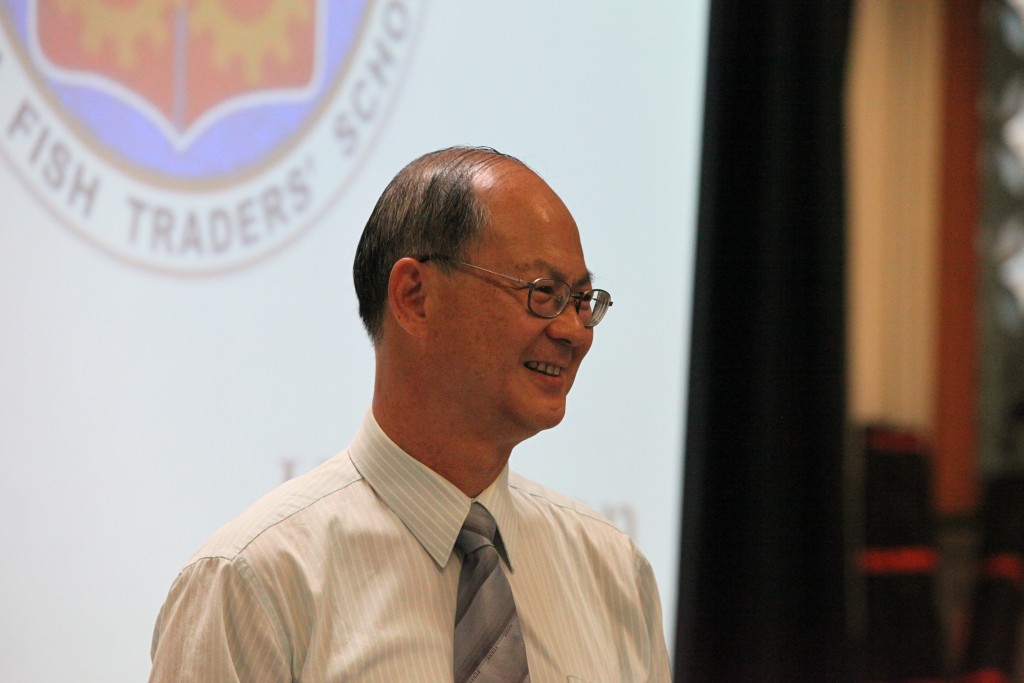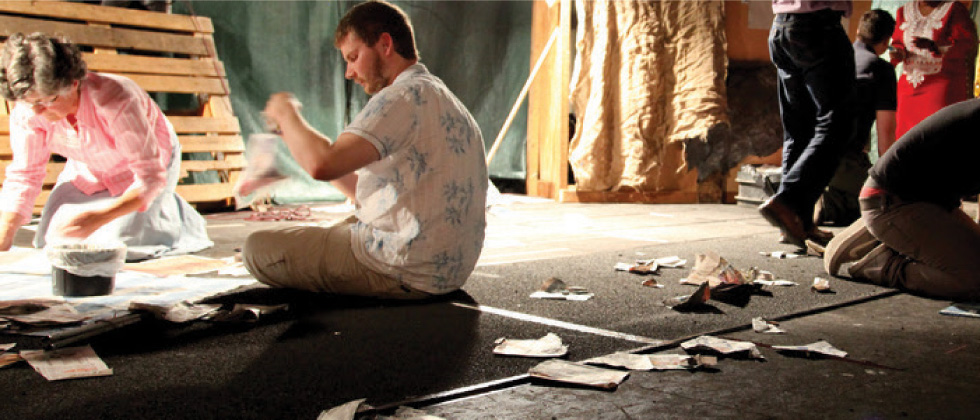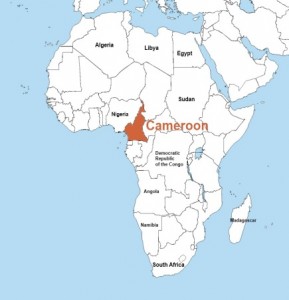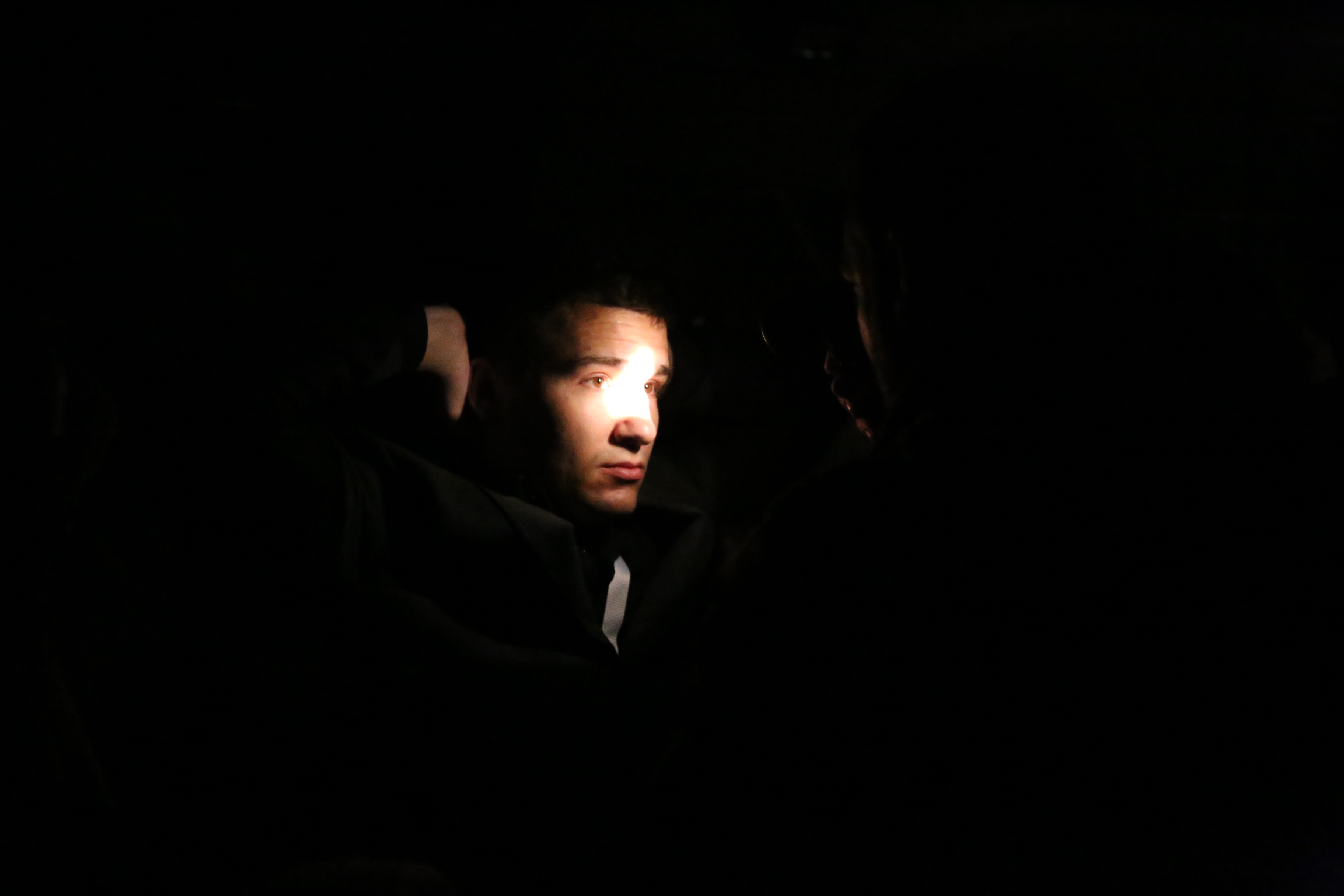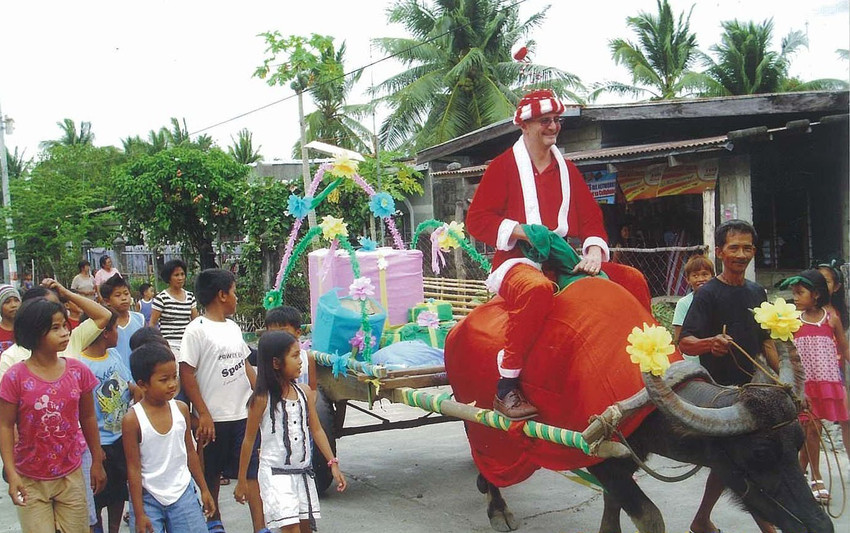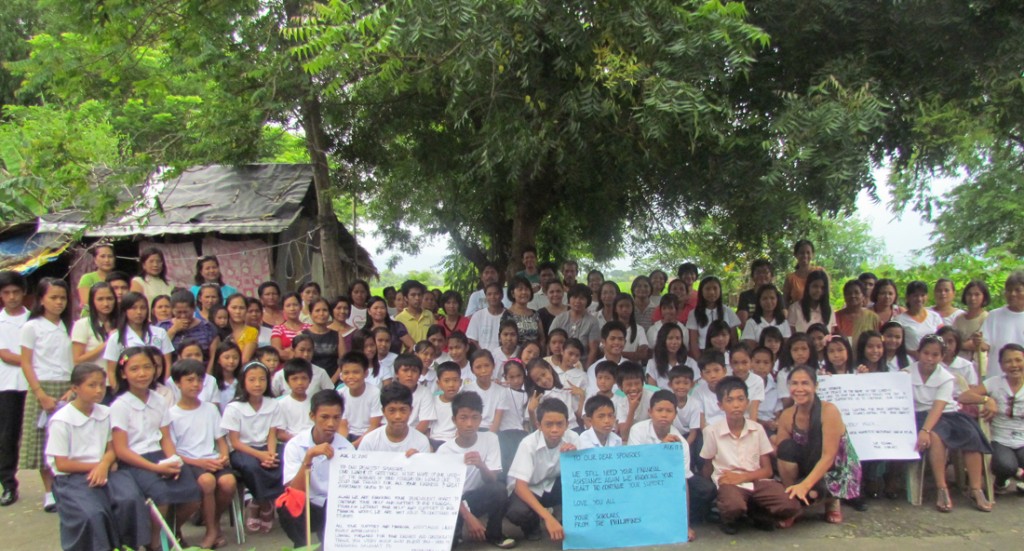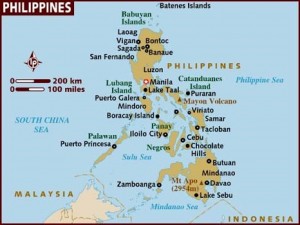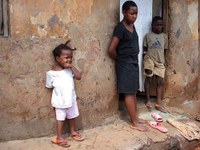Why set up a Refugee Run?
We live in a world where the plight of the forcibly displaced is too often reduced to a set of statistics or data on a graph or pie chart. Our longing is to work with refugees in order to bring alive, even under limited conditions, the dilemma faced by the 43.3 million people who are refugees and IDPs (Internally Displaced Persons).
How should that need be communicated? One can use speeches, Powerpoint presentations, academic papers, and the like. We include educational ‘role play’, through simulation, because people tell us they connect far better with the need. As one CEO said, after participating in the simulation at Davos, “It’s the difference between hearing and being.”
What are its goals?
Three “E”s best capture the desired outcomes:
· Education: We hope to give greater knowledge of this need.
· Empathy: We want participants to engage, to care about refugees and IDPs.
· Empowerment: We explore ways, during our debrief, for participants to respond. Businesses can do a lot, using their core competencies, to engage at a strategic level to attain a sustainable outcome. Corporate Social Responsibility and Sustainable Development have a critical role in this. Students can also engage, though differently. Our debriefing times are geared to the nature of the group participating.
Is it realistic? Is it respectful?
It is always a challenge to portray a global issue in a sensitive way. Any simulation can only go so far, of course: somewhat like a live snap shot.
In this, the simulation format faces the same challenge as other forms of communication: movies, documentaries, living museums, speeches or written papers. All may fail to give a realistic, or even a respectful, representation of displaced people.
To guard against this, we have both refugee and NGO representatives work together on all parts of the simulation: the story line and its trueness to life, the props and set that best reflect reality and the points they consider of critical importance for participants to take away.
Raphael Mwandu, from DR Congo, is one example. He not only advises on the set, but, as an artist, helps construct it. Further, he helps train the staff for it, serves as one of the actors and assists with the debrief. “The things you see in this experience are the same as those that happen in the camps,” he says. “I love doing this work because I want to let others know what is going on in our world so that people can meet together and find solutions.”
The input of our refugee colleagues is further supported by refugees we know through our broader work, shipments we send to refugee locations, and visits we make to camps or other places of refuge.
What is the outcome?
Crossroads has held this simulation weekly, in Hong Kong, over the past five years and watched people become motivated in ways that they never have before.
Many of the Hong Kong corporate leaders who have participated say it is more powerful than other forms of presentation and, as a result, have remained involved with global issues, long after their simulation experience. Simulation experience has also birthed NGOs, projects and further engagement in the community, both adult and student.
Is it for money?
Those running it receive no financial remuneration. They are volunteers.
Those who participate are not asked for money. The primary goal of the simulation is consciousness raising. During their debrief, however, participants discuss ways that corporate engagement can help provide sustainable strategies for those impacted by such tragic circumstances.
Who is it suited for?
Different people learn in different ways: some find experiential learning more powerful while others prefer a straight cerebral process.
Refugees and displaced people, however, have expressed concern that their plight may be beyond others’ understanding without a fuller opportunity to experience, even though brief, a measure of their situation.
Participants tell us that, when they undertake this experience, they find it effective in ways they did not expect. Even those who say they come to it with a measure of scepticism often leave with a very different perspective, deeply moved.
This simulation is offered in the hope of narrowing the gap between the understanding of those who are displaced and those who would like to engage with them. As the Chinese proverb puts it: “I hear and I forget. I see and I remember. I do and I understand.”
How intense is the simulation?
It is a very powerful experience. For that reason, we have a minimum recommended age of 15 (unless with parental supervision) and we take time to warn those considering the experience that they will be placed in a highly intense situation. We also assure them that no actual harm will come to them.
In addition, we tell them that if at any point during the experience, participants feel they cannot manage, we give them a way to leave immediately and have staff ready to speak with them, as needed. Since we began offering this simulation, we have almost never found people do so, but the offer is always there.
How do people respond?
When we asked participants the impressions they gained of life for a refugee, they told us the following.
“A profound experience that reminds us of the plight of millions of forcibly displaced people.”Ban Ki-moon, Secretary-General of the United Nations
“Beautifully done.” Sir Richard Branson, Virgin Management Ltd.
“Everyone should do this. It will change the way you see refugees.” Jimmy Wales, Founder of Wikipedia
“A remarkable experience… One is moved, emotionally, out of normality, to a better understanding of the fears and dangers present for refugees.” Jeffrey Sachs, Director, Earth Institute, Colombia University
“The bit of Davos I will remember for the rest of my life.” Sir John Gieve, Harvard University
“Humbling, inspiring, thought-provoking and motivating – a truly remarkable experience. Thank you!” Jane Nelson, Director of Harvard Kennedy School’s Corporate Social Responsibility Initiative
“The simulation was as close to real as I could imagine. I now have a much greater appreciation for the needs of displaced people and will be an advocate for sending the message.” Dan Brutto, President, UPS International
“Thank you…for the very powerful experience you gave so many of us…it was very well done – unsettling, authentic, transformative.” Amy E Roth, International Justice Mission
“I don’t know how anyone could do this experience and not come out morally obligated to do something about it.” Paul Ellingstad, Director, Office of Global Social Innovation, HP
“Most impactful experience I’ve had in a long time, with real inspiration to take action. Don’t miss this!” Mack Gill, President, Global Services, Sungard
“Thank you on behalf of the 43 million refugees.” Peter Brabeck-Letmathe, Chairman of the Board, Nestle
“A truly eye-opening session. It was a pause for deep reflection. I hope we can help in the future and will do all to make that happen.” Peter Lacy, Managing Director for Sustainability Service Group, Accenture
“Everyone at WEF should be required to do this.” Josh Spear, Founding Partner, Undercurrent.
“I’m most moved by the incredible dedication of this group of people to give a voice to the 43.3 million.” Hans Hickler, CEO for Agility, Asia Pacific Region

